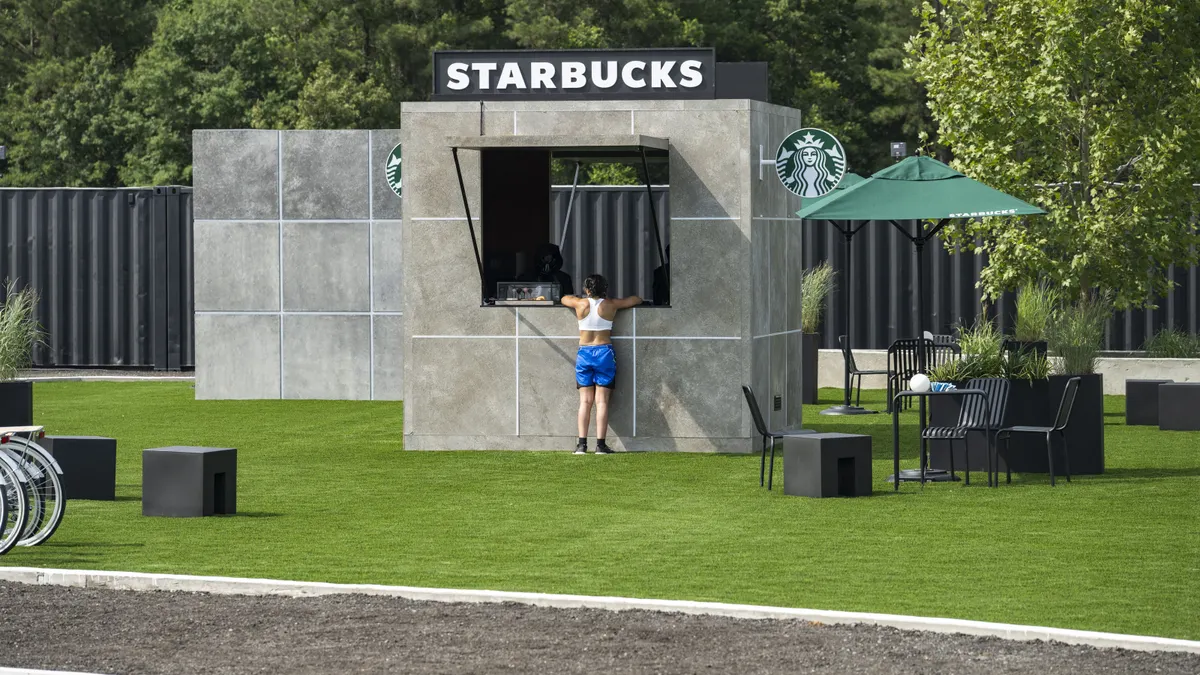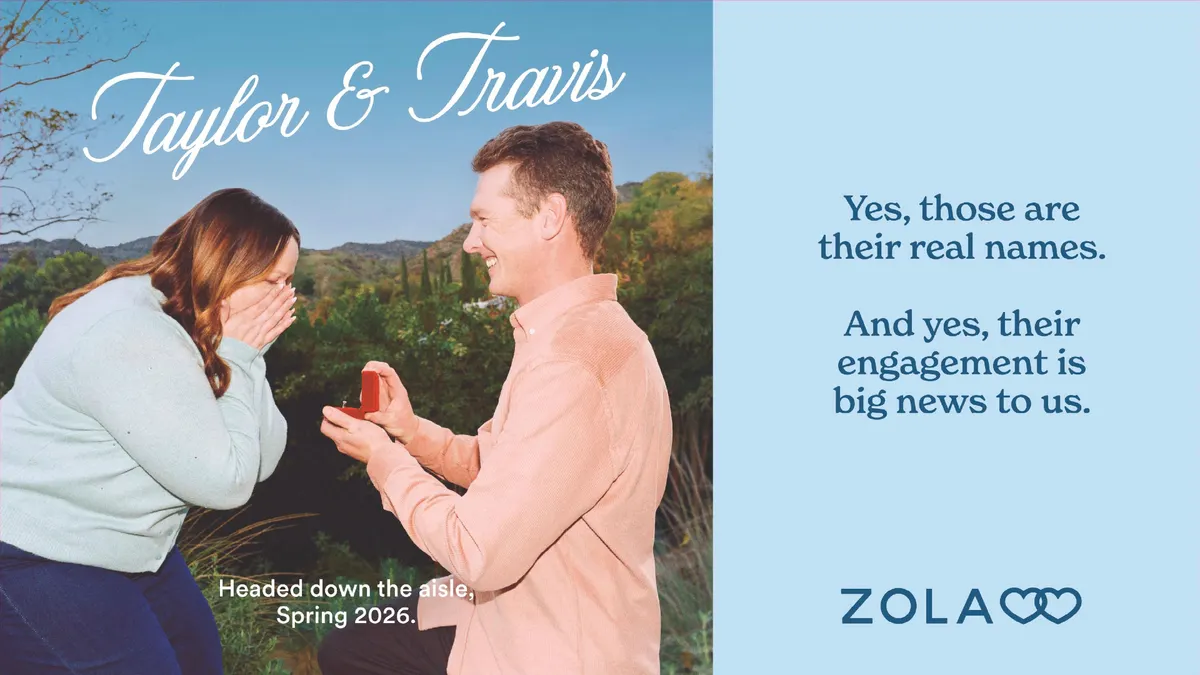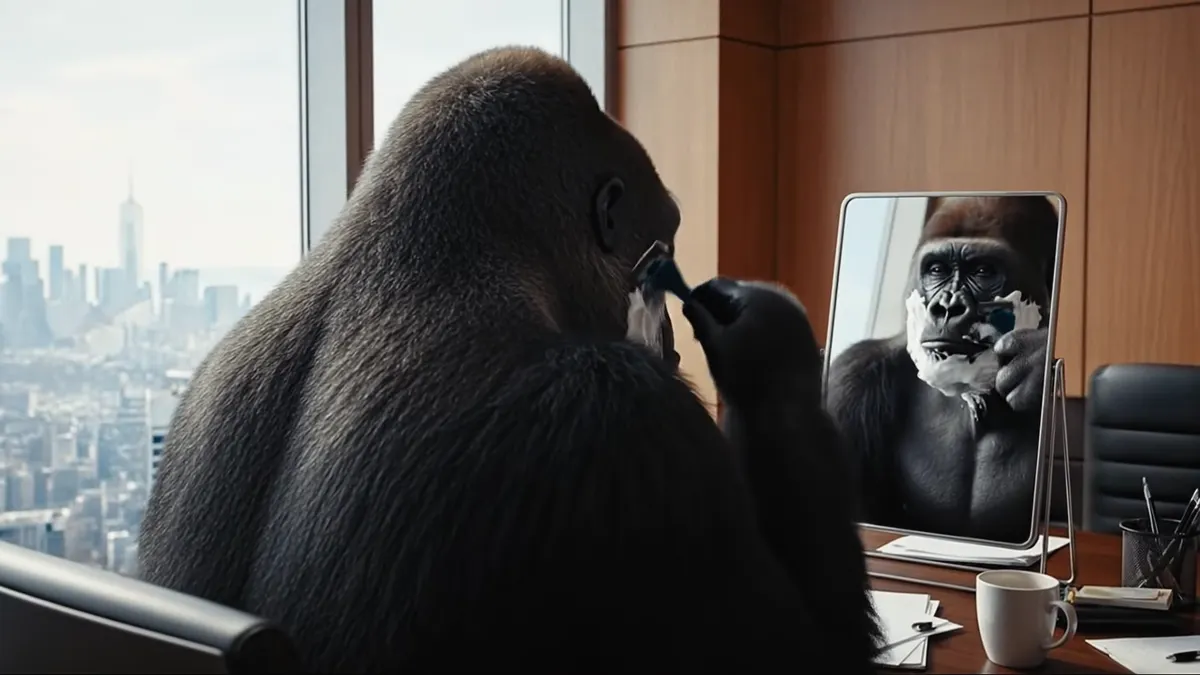AUSTIN, TEXAS — It's no secret that, these days, consumers expect to buy what they want, when they want and wherever they want it, and have it delivered within 24 hours, if not two. The "Uberization of everything," enabled by the rapid evolution of digital technology, has proven to be a challenge for legacy companies to adapt to.
On a panel at the South by Southwest Conference conference this weekend, "The New Consumer-Centric Approach to Insights," executives from PepsiCo and Mars Wrigley discussed how this shift has impacted the packaged goods space, in particular, and caused these companies to rethink their applications of data and approach to insights organizationally.
"[Consumers] are able to exert enormous influence," said Tim Warner, PepsiCo's VP of insights and analytics in Europe, Sub-Saharan Africa and global digitization. "They're looking for brands that are super authentic, consistent from inside out, and have a meaningful, profound role in their lives — otherwise there's another brand out there."
That shifting power dynamic is ultimately forcing CPG marketers to change how they do business. Speakers admitted that solving these problems will not be a quick-hit fix, but instead done over time and through deeper collaboration, both internally and across the industry. For a category that's notoriously competitive and protective of its first-party data, that could take some serious adjustments.
"Our ability to react quickly is not great, and that's not going away," said Michelle Gansle, director of global gum and mints insights at Mars Wrigley. "How do we work differently to meet expectations?"
Meeting consumers where they are
Despite all the technological developments that have affected consumers' relationships with brands, the core pillar of those relationships remain the same. For companies like Mars Wrigley, one challenge has been capturing consumer attention as the power of traditional advertising wanes.
"People haven't changed," Gansle said. "Technology has changed people's expectations of what they can and should get from brands ... It's not the what — it's the where and how."
Excellent television creative, for example, doesn't mean much if there isn't a corresponding version on social media, and just having a social media presence doesn't mean a brand is covering all of its bases online.
"People haven't changed. Technology has changed people's expectations of what they can and should get from brands."

Michelle Gansle
Director, global gum and mints insights, Mars Wrigley
"People under 24 are more likely to trust a rating, review or a peer than a brand or advertising," Gansle said. "How many of us take that into account?"
One example of a CPG meeting consumers where they are was engineered by Mars brand Skittles. In the run-up to Super Bowl XLIX, Skittles noticed that fans were throwing packs of Skittles on the field to encourage Seattle Seahawks running back Marshawn Lynch, who favored the candy due to a childhood superstition. Skittles began conversations with Lynch, released a specialized pack and saw a 20% uplift in sales that year. The campaign was agile and organic, and it worked.
"If we tried to force it, it wouldn't have been successful," said Gansle.
Democratization of data, democratization of brands
To illustrate the challenge brands like Mars and PepsiCo face from disruptors, Gansle pointed to research that shows that big brands have an average growth of -2%, while small, young brands have an average growth of +6%. The playing field is flattening, with a democratization of data and insights leading to democratization of brands.
"It doesn't matter if you have the most money or most resources … Bigger brands can't just be the big kids at school. We also have to be fast and offer what customers want," Gansle said. "Small brands are quickly moving on consumer insights and giving them what they want. They're not encumbered by massive assets or ways of thinking."
One way of outdated thinking is how brands related to data and insights. Too often, legacy brands check the data box but don't apply that information drive their process.
"If you spent $20,000 on a car, you wouldn't start the motor up, drive to end of the parking lot, get out and walk away — but that's what we do with insights," said Warner. "One of the things we're trying to do is build an insights platform that allows us to network data. Instead of almost throwing data away, we recycle it … The more we test and learn, the smarter we get."
The power in sharing
For CPGs to succeed, they will likely need to change their relationship to data throughout their entire organizations. Gansle explained how insights teams traditionally have been very protective of their data.
"If you wanted to know something, you had to come to us, whether that was qualitative or quantitative," she said. "We've created a system where marketers like that, because they don't have to be accountable. You go to the insights person and they give you the answer. If it doesn't work, it's not your fault, it was the insights."
Gansle admitted that this system doesn't work anymore. To let marketers make more quick, agile decisions, Mars is modernizing its approach, letting anyone in the company access data and work that they've done. The company is spending a lot of energy raising the digital IQ of employees, creating platforms and tools so that people can self-serve and have access to insights.
"Rather than be protective, give everyone in the organization all the data," she said. "It's all content without context — which is what we provide. Connecting the dots is the power."
Mars is also working to partner with other companies, breaking a tradition of privacy that was obsessed with competitive edge.
"It's all content without context — which is what we provide. Connecting the dots is the power."

Michelle Gansle
Director, global gum and mints insights, Mars Wrigley
"The power is in sharing" insights, especially among big CPGs that have never talked to each other. "Surely, five companies and five big brains can solve problems faster than one company and one big brain," she said.
Moving past the old world
These developments are mirrored at PepsiCo. The company is thinking about insights as a strategic investment and has made an "absolute commitment to strengthening this muscle," according to Warner.
It has a "profoundly" different approach to talking with and attracting talent, and has rolled out new-to-world insight products that help marketers see emerging consumer trends and respond in a better way. In a few weeks, PepsiCo will roll out a new insights and content communication suite.
"Historically, we try to solve problems ourselves and we think our problems are unique," Warner said, echoing Gansle. Pepsi has spent time talking to thought leaders, including CPG marketers, academics, experts, people from start-ups and technology solutions, pooling resources in an open source way.
The age of Uber represents a big, cultural change, and CPGs like Pepsi and Mars can no longer use the Old World thinking that made them into giants.
"We're all trying to solve same thing," Warner said. "Being totally secretive is not going to work."




















